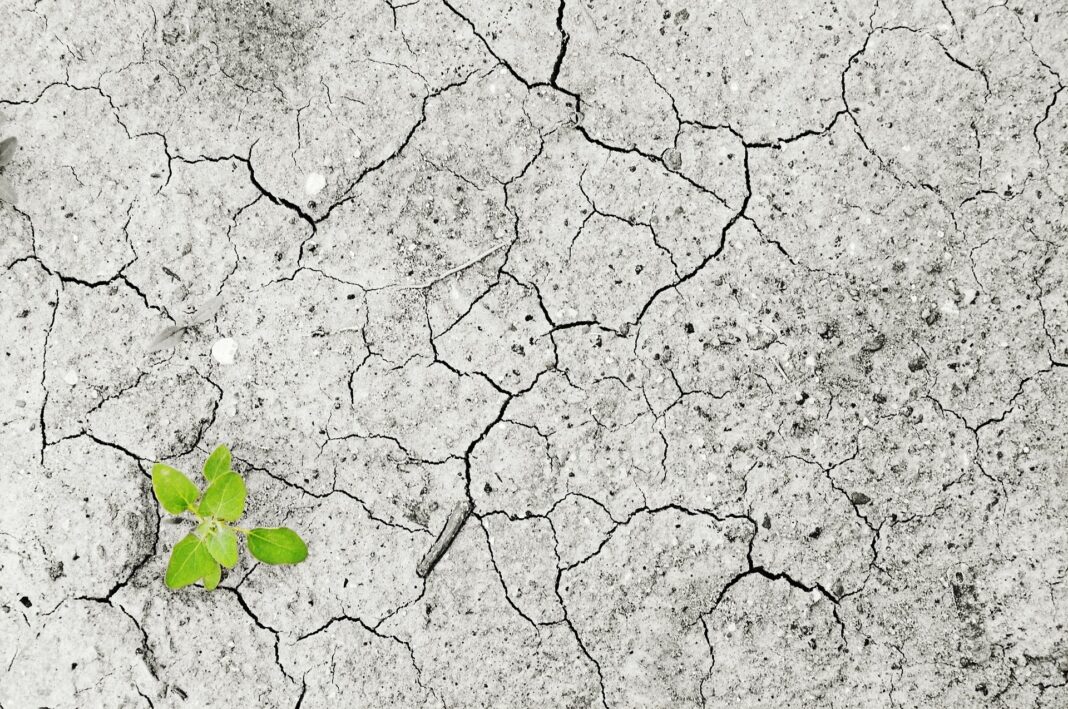
An invaluable resource
Although water makes up about two thirds of our planet, it is important to note that fresh water, the usable form of water, is very rare in comparison to the overall water present on Earth. Water shortage is a serious issue in our modern world. Did you know that about “1.1 billion people worldwide lack access to water” (according to the WWF)? Water isn’t only used for drinking, it is also especially valuable for sanitation. Picture a hospital or a clinic, for example. These medical facilities must have access to water in order to serve patients in a safe environment.
However, “inadequate sanitation is also a problem for 2.4 billion people”, causing them to be vulnerable to diseases, like “cholera and typhoid fever.” It is because this issue of water scarcity is so widespread across the globe, that it poses a serious challenge for humanity, particularly in underdeveloped regions around the world.
A Growing Challenge
As a result of growing population in many regions, the natural water systems present are becoming increasingly “stressed”, with many fresh sources of water drying up altogether. In fact, it is estimated that “more than half the world’s wetlands have [already] disappeared.”
According to the WWF, at our “current [water] consumption rate,” the global problem of water scarcity “will only get worse”. A issue that is fueled by climate change and global warming, water scarcity is a serious problem, and it is closely associated with other growing issues like declining biodiversity, and an increased number of natural disasters.
The Causes of Water Scarcity
Pollution, agriculture, and population growth are major factors behind this issue. In fact, did you know that “agriculture uses 70% of the world’s accessible freshwater”? However, it has been estimated that “some 60% of [agricultural water usage] is wasted due to leaky irrigation systems.” This has caused some of the major agricultural production countries, like the China, India, and the U.S. to “have reached or are close to reaching their water resource limits.” If water scarcity isn’t combated as a problem, then it will likely also have ripple effects, causing the growth of other negative issues as well.
What Humanity Can Do About This Issue
One of the most important ways for humanity overall to combat water shortage is by protecting and restoring natural habitats, especially “wetlands,” “forested catchment areas,” “groundwater aquifers,” and other places like rivers and lakes.
On a smaller scale, household leaks must also be reduced. It is estimated that “household leaks waste nearly 1 trillion gallons of water per year” in the U.S. However, combating household water leakage requires multiple parties, including the municipal government, to work together to improve the efficiency of water usage. Be sure to check out this United Nations article for more information on what humanity can do to combat water shortage.
